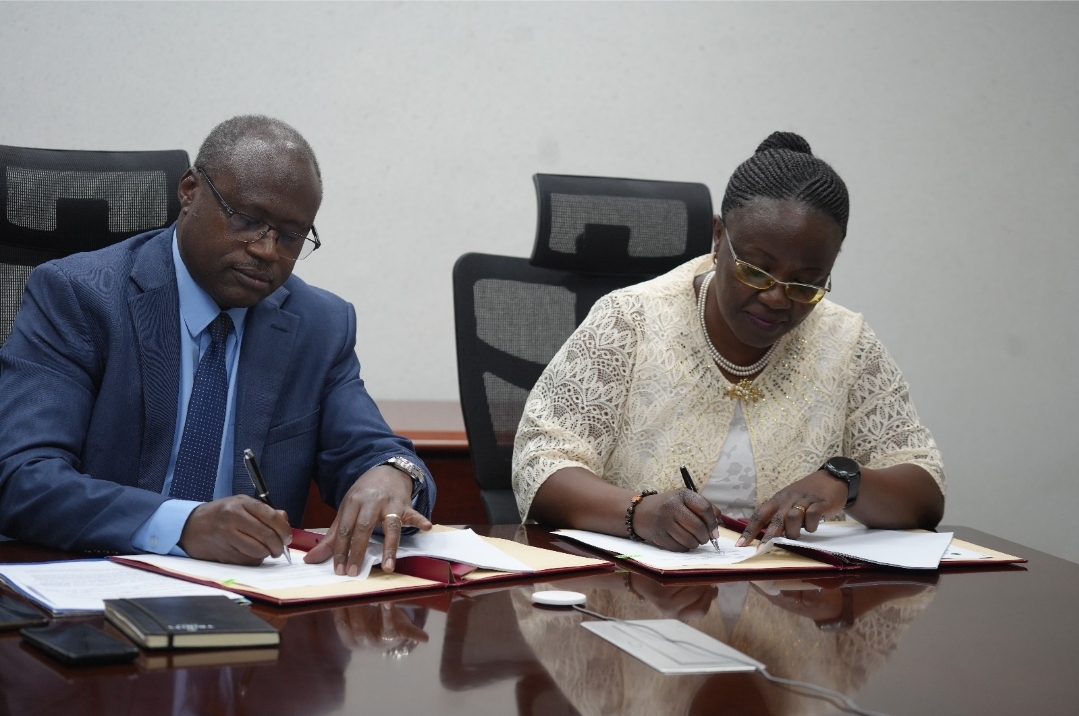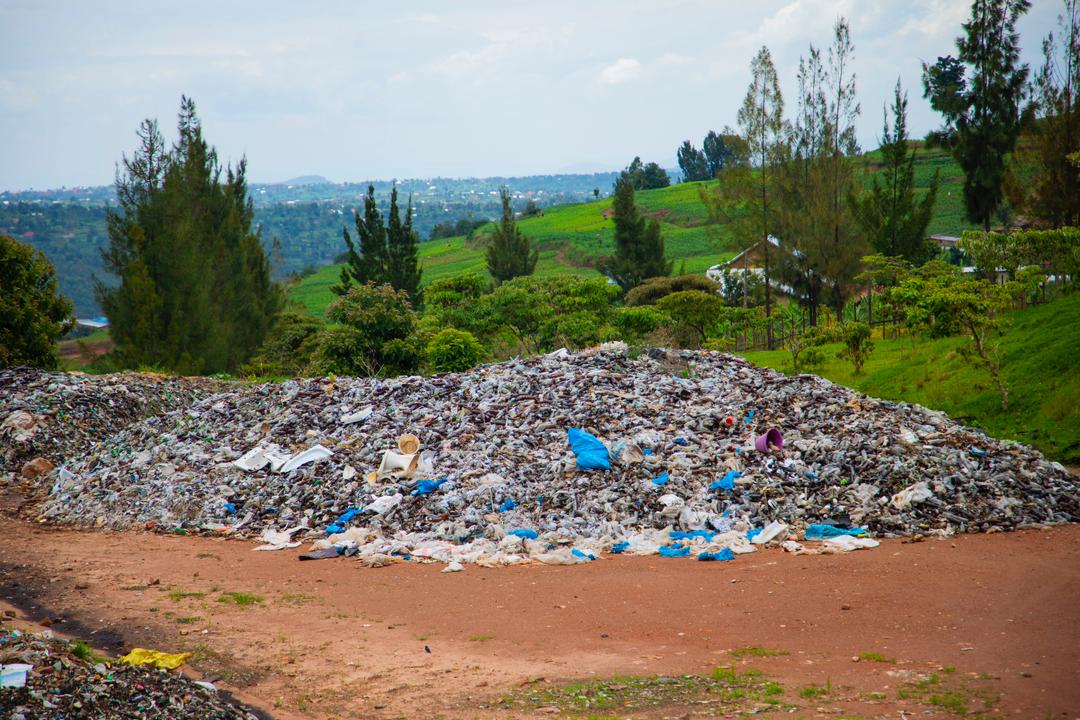The Green Climate Fund, a global initiative established to fulfill the objectives of the Paris Agreement, has given the green light to two significant investments aimed at enhancing the climate resilience of vulnerable communities in Rwanda’s Congo Nile Divide.
The approval was granted during the latest Green Climate Fund board meeting held in Tbilisi, Georgia, from October 23-25, 2023.
The first project, valued at US$39.1 million or Rwf48.4 billion, will focus on bolstering the climate resilience of communities in the Karongi, Musanze, Ngororero, Nyabihu, Nyamagabe, Nyamasheke, Nyaruguru, Rubavu, Rusizi, and Rutsiro districts of Rwanda’s Congo Nile Divide.
This initiative will involve comprehensive forest and landscape restoration, encompassing 278,000 hectares. Additionally, sustainable agroforestry techniques will be promoted across 2,000 hectares of plantations, aiming to reduce the demand for fuelwood and alleviate deforestation pressures.
The first project, valued at US$39.1 million or Rwf48.4 billion, will focus on bolstering the climate resilience of communities in the Karongi, Musanze, Ngororero, Nyabihu, Nyamagabe, Nyamasheke, Nyaruguru, Rubavu, Rusizi, and Rutsiro districts of Rwanda’s Congo Nile Divide.
This initiative will involve comprehensive forest and landscape restoration, encompassing 278,000 hectares.
Additionally, sustainable agroforestry techniques will be promoted across 2,000 hectares of plantations, aiming to reduce the demand for fuelwood and alleviate deforestation pressures.
The second approved project entails an extra investment of US$42.8 million or Rwf53 billion in Ireme Invest, Rwanda’s green investment facility, facilitated through the African Development Bank.
This funding will enable Rwanda’s private sector to access credit at a lower interest rate than the market standard.
These funds will be directed towards investments in renewable energy, climate-smart agriculture, water-efficient systems, green buildingsand clean transportation.
This boost in financial support will empower Ireme Invest to collaborate closely with Rwanda’s private sector, fostering green business growth and strengthening the nation’s response to climate change.
Rwanda’s Minister of Environment, Dr. Jeanne d’Arc Mujawamariya, expressed enthusiasm about the approval, saying, “The approval of these two GCF funded projects in Rwanda aimed at both private and public sectors is a clear signal of Rwanda’s readiness for green investments and more resources are welcome to do more.”
“It affirms the confidence and commitment of the Green Climate Fund to Rwanda’s long-term vision to be a climate-resilient and carbon-neutral economy by 2050. We look forward to successful implementation and desired impact.”
Dr. Uzziel Ndagijimana, Rwanda’s Minister of Finance and Economic Planning, emphasized Rwanda’s commitment to combating climate change, noting, “Rwanda’s vulnerability to the impacts of climate change propels us with no multiple options other than working with the biggest climate fund (GCF).”
“I am pleased to note that Rwanda’s Project pipeline to GCF is currently the biggest among the National Direct Access Entities’ submitted projects,” he said.
“It is based on the financial needs of Nationally Determined Contributions which will cost at US$11 Billion by 2030.”
Rwanda, in its strong partnership with the Green Climate Fund, stands at the forefront of climate action.
The country was the first to receive direct access accreditation through the Ministry of Environment.
Previously, in 2019, the Government of Rwanda secured US$32 million from the GCF to enhance the resilience of rural communities in Gicumbi District.
In 2021, Rwanda further solidified its commitment to climate adaptation, signing a funding agreement with GCF and IUCN to transform the Eastern Province. This initiative received a GCF contribution of US$33.7 million, supplemented by an additional US$15.8 million in co-financing from the Government of Rwanda and project partners.
The Green Climate Fund, as the world’s largest climate fund, continues to play a pivotal role in supporting developing countries to actualize their climate action plans, steering them toward low-emission, climate-resilient development.



















